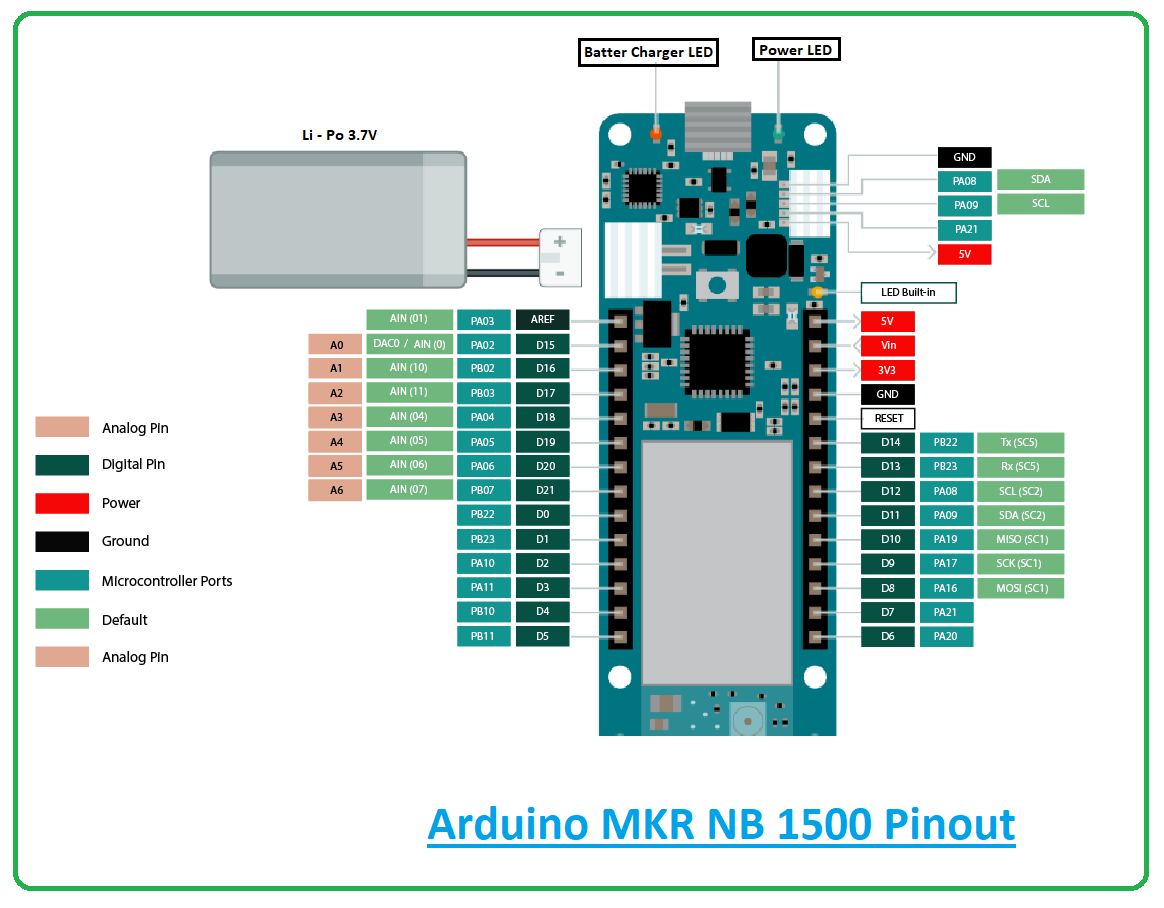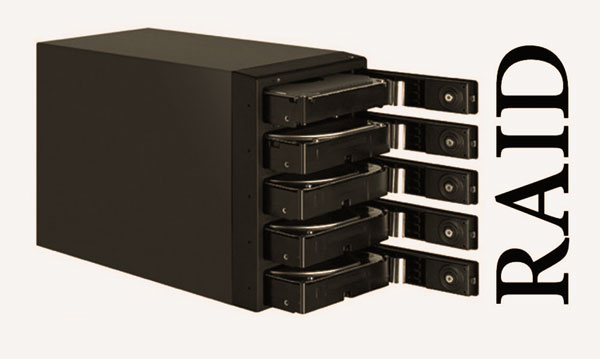

Prevent Data Loss Risk In Raid-Based Storage


Prevent Data Loss Risk In Raid-Based Storage
RAID levels vary from RAID 0 to RAID 51 (and beyond). Different levels have different types of redundancy offered; however, a compromise has to be made when it comes to fault tolerance and performance. Although different RAID levels provide significant protection mechanisms against data loss due to hardware failure of hard disks, the technology is not invincible.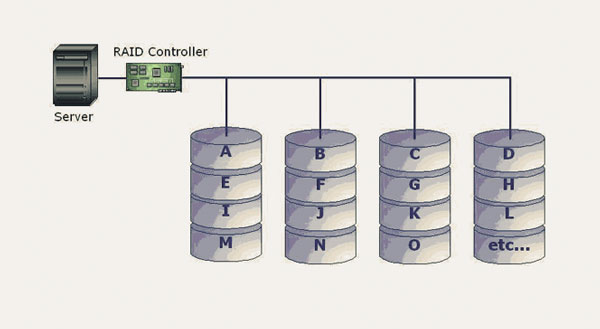
Contact Data Recovery Specialist
Preventing to get into such conditions of severe data loss is something you should never divert your focus from because it can be debilitating. Especially, it is more complicated to recover data when it comes to a complex storage system. If you are not well-versed in the required knowledge, you should not take the risk of opting for the DIY mode for recovering the lost data from your RAID system. At such times, it is recommended to contact a reliable data recovery specialist. Doing so can help rebuild the RAID system, bypass the hard drive failures, and examine if any updates are needed in the residing virtualized architecture. This can make the recovery attempt quite time-consuming but reassuringly successful.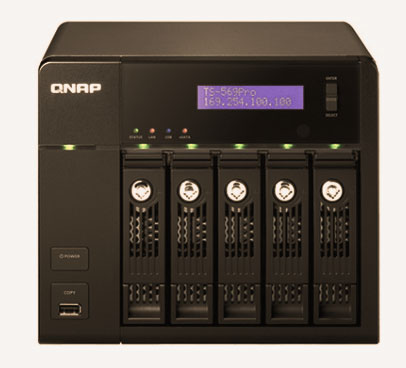
Maintain a Back-up
Different types of RAID configurations operate on different redundancies to diminish data loss and develop a storage system architecture that can provide data loss prevention. Monitoring and recording a RAID array usage is an essential task to be included in the data recovery strategy for efficient business continuity. In severe conditions, the pre-defined recovery strategies may not be helpful and can cause severe data loss. Hence, it is crucial to maintain a back-up and be prepared for such unfortunate cases of system failure or data loss. In such severe conditions of RAID failure, the entire data can disappear forever. Even if a corrupted hard drive overtakes the RAID array's redundancy and the hard disks fail abruptly, it is possible to rebuild your RAID array and recover your data by getting in touch with an expert data recovery professional. Among a few renowned data recovery service providers, Platinum Data Recovery Services has been a prominent name in offering considerate services like G-RAID data recovery and other types of RAID data recovery services when your data has been disappeared or made inaccessible due to corrupted hard drives, flash drives, memory cards, or RAID. That's all for today. I hope you've enjoyed reading this article. If you have any questions, you can approach me in the section below. I'd love to help you the best way I can. Thank you for reading the article.×
![]()








 1 user
1 user






 Continue Wishlist
Continue Wishlist





 Getting Started Guide
Getting Started Guide
 Help Center
Help Center
 Contact us
Contact us
 Doist Blog
Doist Blog
 Privacy
Privacy
 Security
Security
 Terms of Service
Terms of Service
 What's new: Channel Descriptions
What's new: Channel Descriptions





 Tutorials
Tutorials jameswilson
jameswilson 0 Comments
0 Comments





 PREVENT DATA LOSS RISK IN RAID-BASED STORAGE
PREVENT DATA LOSS RISK IN RAID-BASED STORAGE
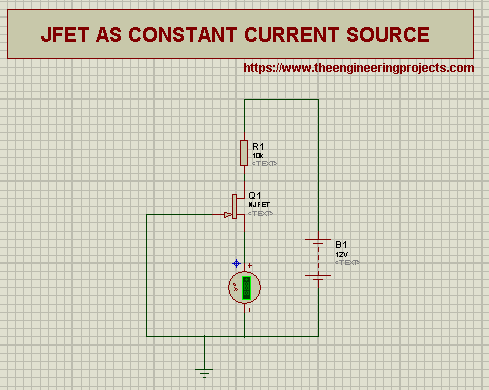
 Sunday, December 27, 2020
Sunday, December 27, 2020